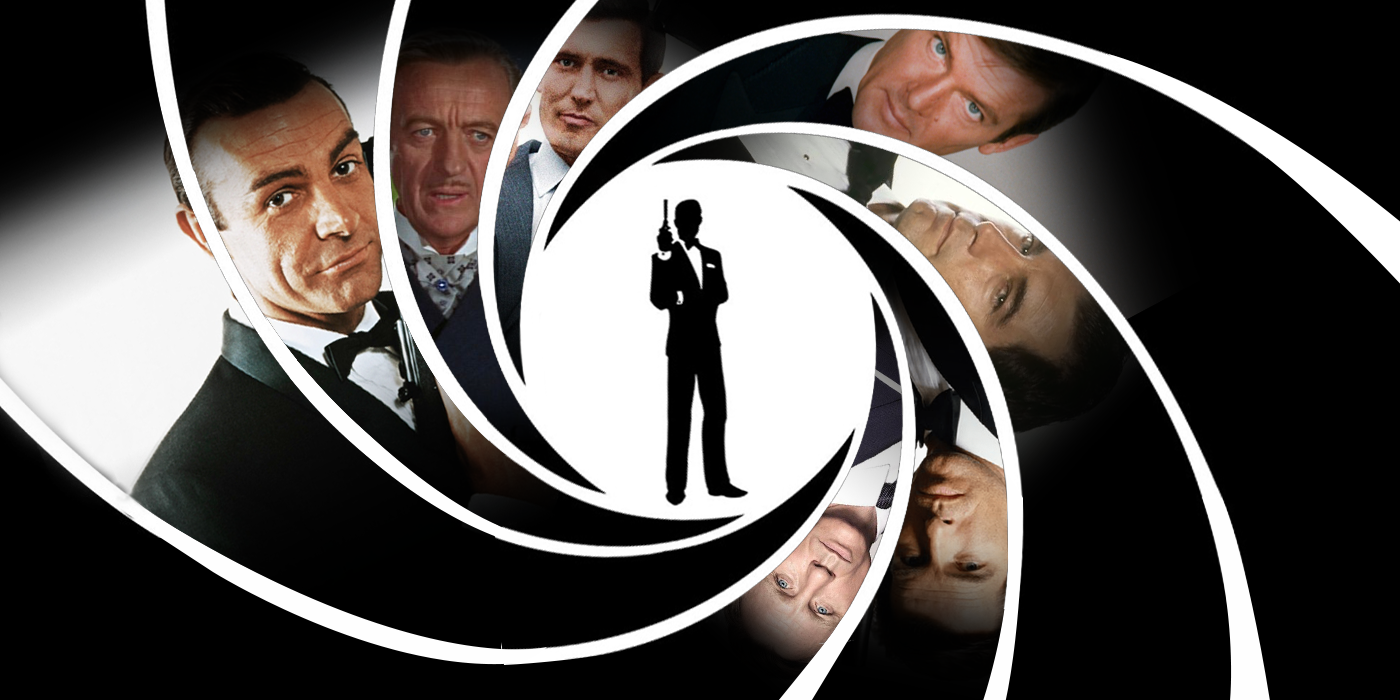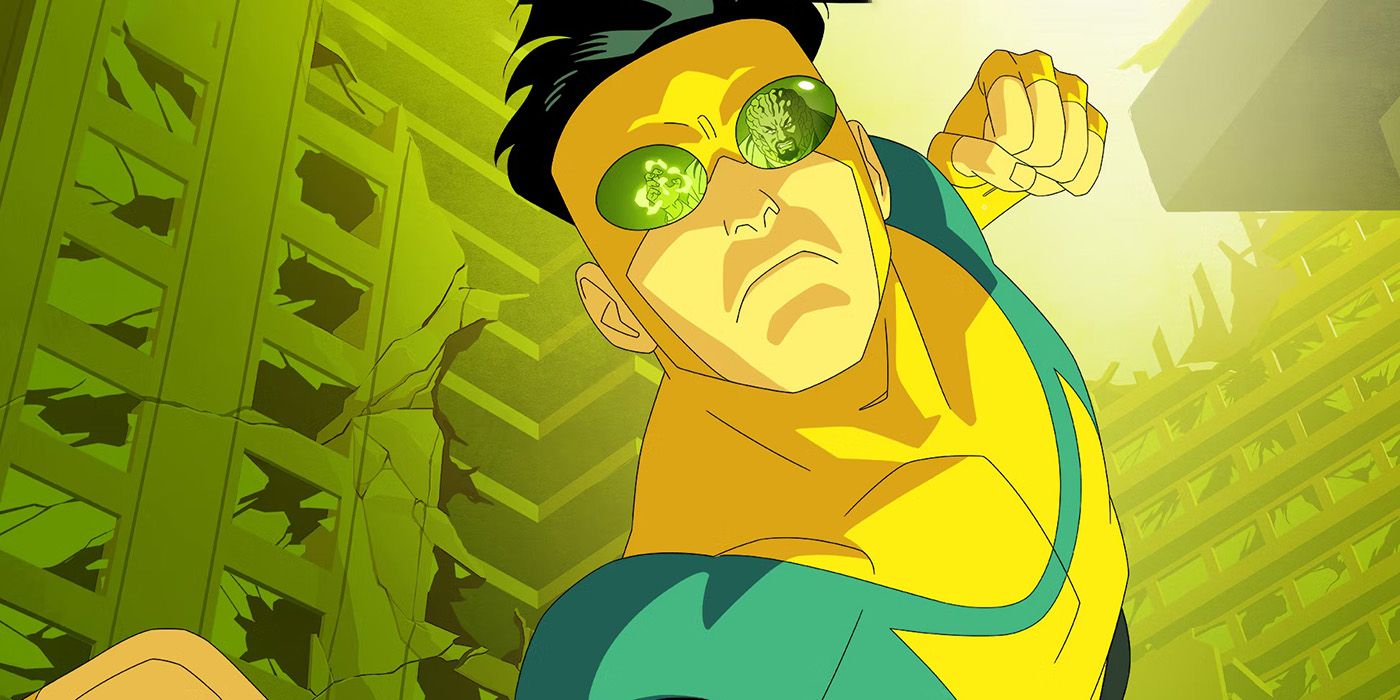The Big Picture
- Ian Fleming’s 1961 James Bond novel,
Thunderball
, was based on an original screenplay he co-wrote with Kevin McClory and Jack Whittingham. - Realizing he and Whittingham didn’t receive credit for their contributions to the novel upon its publication, McClory sued and was granted ownership of television and film rights to future adaptations.
- In 2013, thirty years after executive producing another adaptation of the
Thunderball
novel with
Never Say Never Again
, MGM regained full ownership of the James Bond franchise, ending decades of legal battles between the company and McClory.
The collaborative nature of filmmaking, while one of the medium’s inherent virtues, can also be a primary source of contention. With so many cooks in the proverbial kitchen, it’s not uncommon for hardheaded creative types to clash over their respective ideas and contributions to a piece of entertainment. While these differences are typically resolved or swept under the rug by the time a film hits theaters, such behind-the-scenes disputes can transcend the film itself and take on a level of near-mythological status.
One such infamous squabble revolved around Thunderball, the fourth film in the long-running James Bond cinematic franchise. An adaptation of a 1961 spy-thriller novel initially credited to Ian Fleming, Thunderball went on to become the third-highest grossing film of 1965, bringin in a whopping $141 million worldwide and winning the Academy Award for Best Visual Effects. Before the film’s massive success, however, the novel that inspired it kicked off a decades-long legal battle involving Fleming, MGM, and Thunderball‘s producer and co-writer, Kevin McClory.
Thunderball
James Bond heads to the Bahamas to recover two nuclear warheads stolen by S.P.E.C.T.R.E. Agent Emilio Largo in an international extortion scheme.
- Release Date
- December 11, 1965
- Director
- Terence Young
- Cast
- Sean Connery , Claudine Auger , Adolfo Celi , Luciana Paluzzi , Rik Van Nutter , Guy Doleman
- Runtime
- 130 minutes
- Studio
- United Artists
Ian Fleming’s ‘Thunderball’ Novel Arose From a Screenplay Co-Written by Kevin McClory
By the time James Bond made his cinematic debut with 1962’s Dr. No, the character was already well-established in the literary world via 10 novels written by Ian Fleming, though the author had made previous efforts to get a film off the ground. After courting Irish filmmaker Kevin McClory to co-write and direct a Bond film, Fleming, along with screenwriter Jack Whittingham, penned an original screenplay in 1959. But the project ultimately stalled due to financial issues and, in the aftermath of McClory’s 1959 feature The Boy and the Bridge‘s poor performance with audiences, Fleming’s sudden lack of interest in the Irishman directing Bond’s first big screen outing.
Returning to his Jamaican estate, Goldeneye, Fleming found himself in declining health and at a loss for ideas for further Bond adventures. “What was easy at 40 is very difficult at 50,” he confided to his friend, editor, and former Naval officer William Plomer. Desperate to break a new story, the author revisited the screenplay he’d written with McClory and Whittingham, opting to use it as the basis for a new novel while neglecting to credit his collaborators. Thunderball was published on March 27, 1961, but not before McClory obtained a copy and, realizing he and Whittingham weren’t receiving credit for their contributions to the story, threatened litigation should the novel hit bookshelves.

This James Bond Story Demands a Proper Adaptation
The movie adaptation shares a name… and little else.
Incensed over Ian Fleming taking sole credit for Thunderball, Kevin McClory and Jack Whittingham took legal action but hit an immediate roadblock when a judge determined that Fleming hadn’t been given enough time to organize a legal defense. But McClory persisted, and on November 20, 1963, a court began reviewing the highly-publicized case. After nine days, the ordeal concluded with a settlement in which McClory received 35,000 pounds as well as the rights to any television and film adaptations of Thunderball, while Whittingham backed out of the costly proceedings. Reportedly dissatisfied with his monetary compensation, McClory scored an undeniable victory when it came time to adapt Thunderball for the big screen, securing a role as the 1965 film’s sole producer and a “story by” credit. Though the legal drama was seemingly resolved, McClory was prepared to further his involvement in one of pop culture’s most beloved franchises.
‘Thunderball’ Was Adapted a Second Time as ‘Never Say Never Again’
Nearly two decades after Thunderball hit theaters and Ian Fleming suffered a fatal heart attack, Kevin McClory, emboldened by his legal victory, revisited James Bond as an executive producer on Never Say Never Again. A retelling of the 1961 novel that stirred up legal drama, and made without the participation of MGM, the 1983 film saw the return of Sean Connery as the legendary spy at age 53 and was released shortly after MGM’s rival Bond entry, Octopussy, which starred Roger Moore as the titular spy. Grossing $160 million and receiving a warm welcome from critics, Never Say Never Again marked Connery’s final outing as the character that made him a star and proved that McClory could still leverage influence with his piece of the filmmaking pie.
Despite the success of Never Say Never Again, McClory extended his legal battles with MGM, though his hot streak would soon run cold. According to Variety, the filmmaker filed yet another lawsuit, this time in Los Angeles, alleging that he had partial ownership over Ian Fleming’s iconic character. Due to how long it took for McClory to file the suit, however, it was rejected in 2000. Six years later, Kevin McClory passed away at age 82, and it would be another seven years before MGM and Danjaq, the franchise’s holding company, gained full ownership of the James Bond property. After half a century, the fraught proceedings that had lurked over the long-running film series were finally over, closing one of the lengthiest legal chapters in cinema history.
Thunderball is available to rent or buy on Prime Video in the U.S.
WATCH ON PRIME VIDEO




